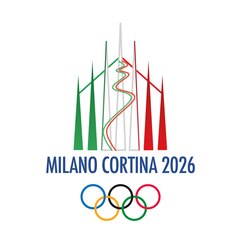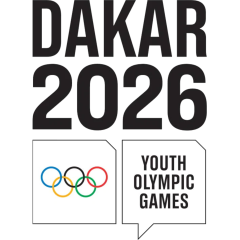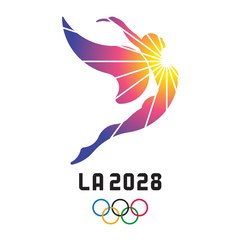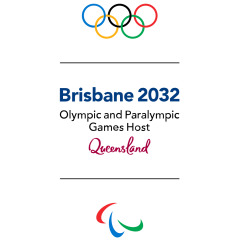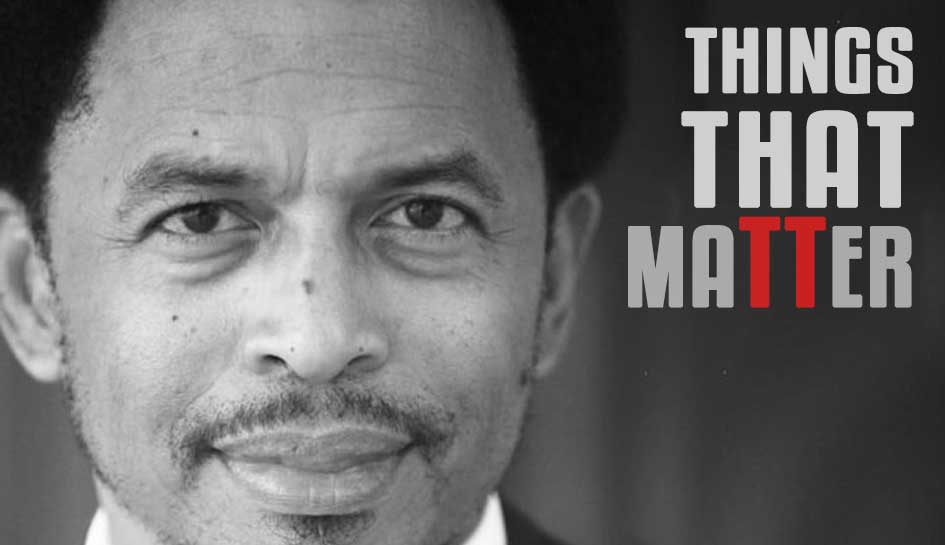What are the Olympic Games?
The first written mention of the name “Olympic” dates back to 776 BC. Sports competitions were organized in Olympia, Greece and were named after their locations, hence their name of “Olympic” Games.
These Games were held at the same place, every four years. The four-year period acquired the name “Olympiad” and was used a date system and time was counted in Olympiads rather than years. This is one of the many traditions that remained with respect to the games and thus, the Olympic Games are held every four years.
The Olympic Games were especially important to the Greeks, and it was the games that unified national, spiritual and racial beliefs. The ancient Greeks were also very competitive people, and all strived to be the best. Winning an Olympic event was the highest honour people could achieve. To this day, it is still the highest recognition for any athlete’s sporting career.
The ancient games were also held in high regard for social reasons, as well as the athletic side. Poets and writers were given the chance to present their works to a large audience, members of different city-states would have the chance to meet and talk with members of other city-states.
Leaders of the city-states would also come to discuss any personal differences that they were having with each other.
The games were seen as a festival, and it was not acceptable for any negative issues or situations to occur during this time. Even during times of war and battle, and differences were put aside, so that the Olympics would be conducted in a peaceful manner. It is from this ideal the Olympic Truce was formed.
Significance of the Olympic Games
The Olympic Games are the most popular and most recognized of all international games. It is also the only games with the most number of participants, from athletes to officials and spectators in a single country. The Olympic Games are also the most televised and watched during any international sporting event.
The following are facts related to the Olympic Games:
Five Rings
The Olympic symbol (five interlocked rings) represents the union of the five original major continents (Africa, America, Asia, Australia and Europe) and the meeting of the athletes from throughout the world at the Olympic Games. The five colors of the rings from left to right are blue, black and red across the top and yellow and green along the bottom.
Creed
"The most important thing in the Olympic Games is not to win but to take part, just as the most important thing in life is not the triumph but the struggle. The essential thing is not to have conquered but to have fought well." The words of the Olympic creed are dedicated to Baron Pierre de Coubertin, the founder of the modern Olympic Games.
Motto
The Olympic motto "Citius, Altius, Fortius" is Latin for "Faster, Higher, Braver," but is universally accepted to mean "Swifter, Higher, and Stronger."
Oath
The Olympic oath is a symbolic gesture of sportsmanship that traces its origins to the 1920 Olympic Games. One athlete from the host country takes an oath at Opening Ceremonies on behalf of all the athletes. The oath is "In the name of all competitors, I promise that we shall take part in these Olympic Games, respecting and abiding by the rules which govern them, in the true spirit of sportsmanship, for the glory of sport and the honour of our teams."
Victory Ceremonies
On the podium, medals are presented to the first, second and third-place finishers. The winner stands in the middle at the highest elevation; the runner-up stands slightly below to the victor's right and the third-place finisher stands lower and to the left.
Medals
Olympic medals must be at least 60 millimetres in diameter and at least three millimetres thick. Gold and silver medals must be made of 92.5 percent pure silver; the gold medal must be gilded with at least six grams of gold. The design of the medals is the responsibility of the host city's organising committee.
Flame
The idea of lighting an Olympic flame for the duration of the Games derives from the ancient Greeks who used a flame lit by the sun's rays at Olympiad, the site of the original Games. The concept was revived in 1936 and has remained an Olympic tradition.
Hymn or Anthem
The Olympic Hymn is played when the Olympic Flag is raised. The Olympic anthem was composed by Spiros Samara (1861-1917), based on the words of Kostas Palama (1859-1943), for the Games of the I Olympiad in Athens in 1896.
Mascots
Olympic Games mascots are selected by the local organising committee of the host city. In Lillehammer, human beings were selected as the mascots for the first time with Hakon and Kristin, who were named after historical figures from the 13th century. In Beijing 2008, the mascots were known as Fuwa or good luck dolls known as “Friendlies.”


